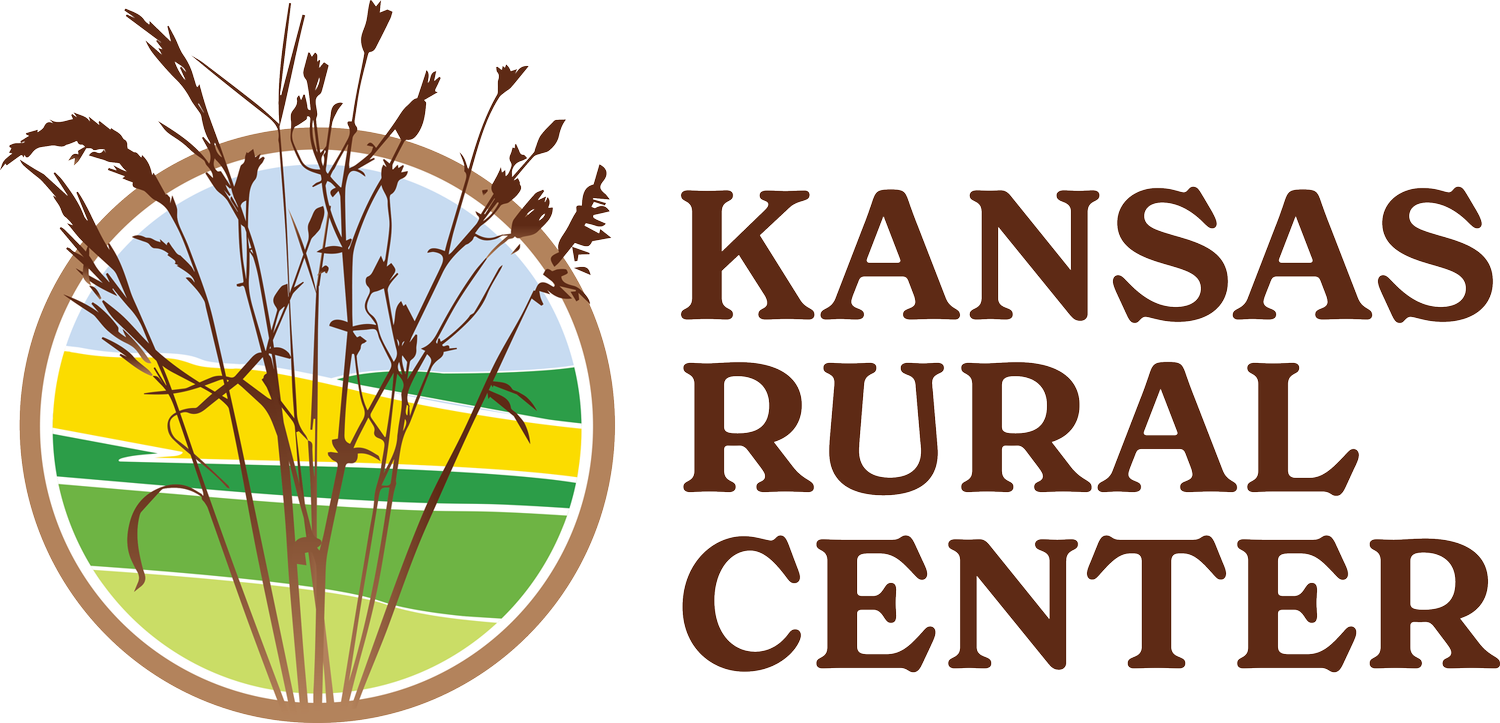Why We Need to Talk About Climate Change
Steve Lerner - Step by Step
Most Americans are worried about our changing climate, though few people talk about it beyond sharing distress about the most recent climate catastrophe that hits the news.
As a psychologist, I am well aware of the cost of worrying about something important that we can’t talk about. In the short run, our silence can help us avoid anxiety. In the long run, however, staying silent about a significant worry only increases our anxiety. It can wake us up at 3 am in a cold sweat. Our silence also tends to immobilize us, preventing us from finding out the things we can do to address the worry directly.
I started Step By Step Kansas to create public gatherings in which folks can talk together about our climate concerns - our worries, fears, anger, grief, and hopes - as well as the actions large and small that we can take to address this huge challenge we all face.
Dr. Dan Wildcast - Haskell Indian Nations University
The goal of Step By Step is simple: if silence promotes increased anxiety and inaction, open conversation with others can reduce anxiety and help promote action. Books have been written about why people don’t talk about climate change (George Marshall, Don’t Even Think About it: Why our brains are wired to ignore climate change). There are many factors that make talking about climate change difficult: it has become a trigger for political debate, and powerful vested interests seek to create the illusion that there is ongoing scientific debate about whether climate change even exists.
At the personal level, it can feel overwhelming to respond to the never-ending drumbeat of bad news from the media: the latest flood, drought, or wildfire: we feel helpless in the face of these huge climate impacts, which are increasing in frequency and severity. If we are open to thinking about these impacts, it is easy to feel grief and loss, and a deep sadness over what our children and grandchildren will face in the future. These are terribly difficult feelings to wrestle with, and of course, it’s not helpful to drown in painful emotions.
Yet there is a large middle ground between over-focusing on worst-case scenarios and avoiding the subject entirely. Plus, honest sharing with others leads to a sense of connection and community at a time when the pandemic and our collective addiction to screens has left many of us feeling more isolated and alone.
I applaud the Kansas Rural Center’s decision to focus on Climate Change at your annual conference this year. I look forward to joining you on November 11th in Salina for a Step By Step event along with Dr. Dan Wildcat.
Dan is a professor at Haskell Indian Nations University, a national expert on indigenous wisdom and climate change, and an inspiring presence. We’re honored to be opening up the conference and look forward to seeing you there to share what’s on all of our minds about our changing climate.
Contact me at steve@stepbystepkansas.com



